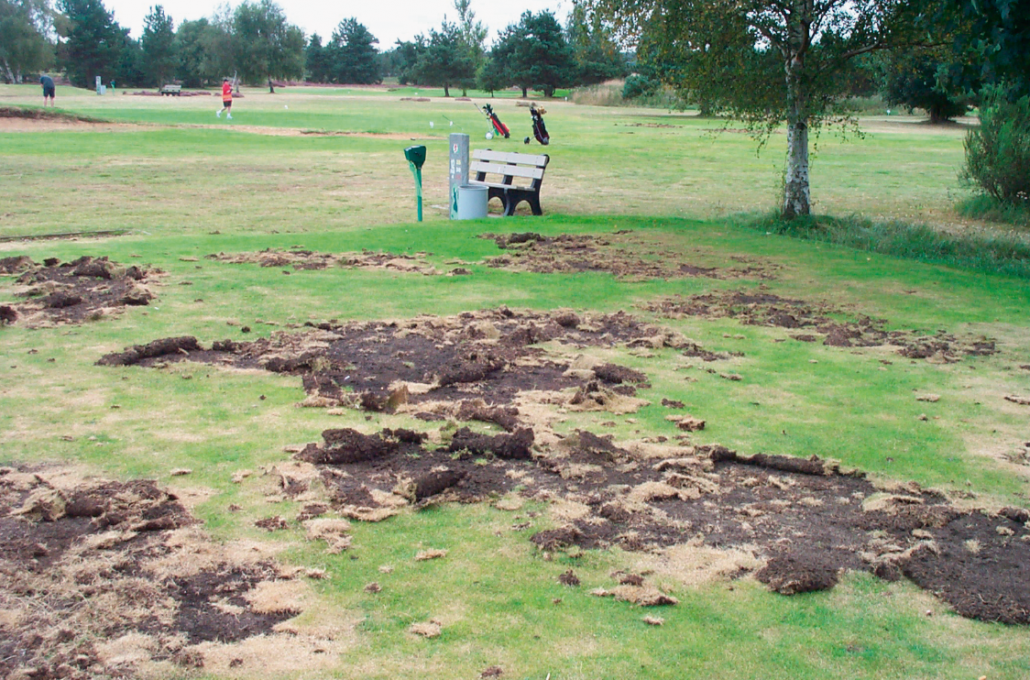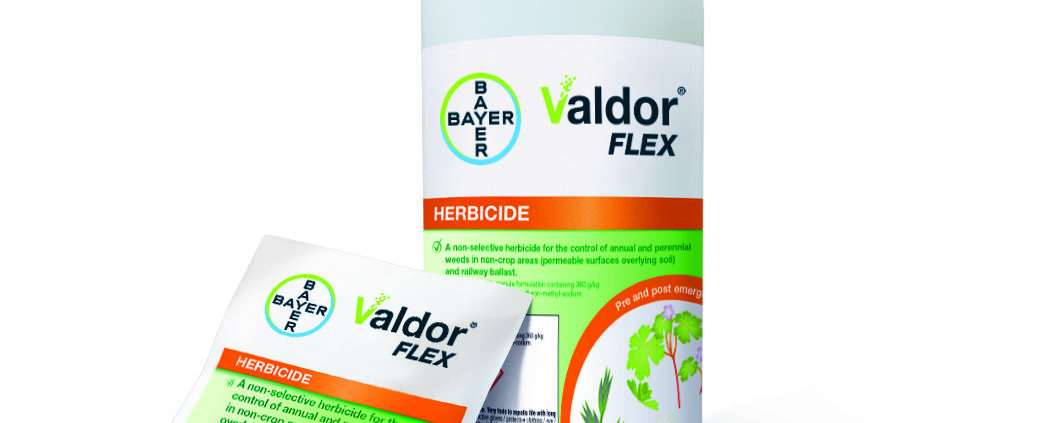New Bayer launch at BTME
New Bayer launch at BTME: Bayer has launched a new unique patent protected biological nematode control to help greenkeepers and groundsmen to maintain quality playing surfaces.
Harmonix Tri-Nema brings together the latest nematode technology to effectively tackle leatherjackets and chafer grubs.

Neil Pettican, Bayer head of sales, says the unique solution targets the damaging pests during two critical periods of the greenkeeping season. The treatment contains three specifically selected nematode species, which each use a different method to control turf pests.
“Additionally, they become more aggressive as they try to out compete each other to become the dominant species, increasing the effectiveness of the application and its capability to control the pests.
“Over recent years, chafer grub and leatherjacket populations have been on the rise, resulting in significant damage to turf playing surfaces. But Harmonix Tri-Nema provides one solution with three different modes of activity.
“Collectively the three species provide more effective distribution through the soil profile, leading to more consistent results,” he says.
“With regulatory changes putting pressure on chemical solutions, alternative options will be fundamental in maintaining high quality turf. However, this nematode control solution will slot into an integrated approach, while helping reduce pesticide applications and therefore resistance.”
Pest activity
Neil explains that both chafer grubs and leatherjackets have different peak seasons, due to their lifecycles, so it’s important to monitor for activity carefully to ensure infestations are identified and treated at the right timing, before significant damage is done.
“Chafer grubs emerge from their eggs in the summer months, so treatment for this pest is recommended between May and August.
However, to achieve successful control over leatherjackets, the best application window is between late August and November, whilst the leatherjackets are still at a juvenile stage, ,” he says.
Application method
He adds that it is important to consider application conditions as well as recommended timings.
“Our research for both chafer grub and leatherjacket control shows that for heavy infestations the best results are seen when 250,000 nematodes/m2 are applied to the affected area, with a follow up treatment two weeks later. This maximises the ability for the nematodes to penetrate, attach and infect newly hatched eggs.
“For areas that are not severely infested, one application at the normal rate of 500,000 nematodes per m2 would be sufficient.”
Neil adds that it’s also important to apply nematodes in moist conditions, and in low light so ideally this should be early in the morning or the evening when soil temperatures are above 12⁰C.
“With limited chemical options available for controlling these pests, this new biological solution provides an alternative tool for greenkeepers that fits within an integrated approach.
“It helps avoid turf damage from pests during peak seasons, improving turf consistency and playability,” he concludes.
For more information, head to stand 338 in the green hall at BTME and speak to the Turf Solutions Team or email turfsolutions@bayer.com.
For the latest industry news visit turfmatters.co.uk/news
Get all of the big headlines, pictures, opinions and videos on stories that matter to you.
Follow us on Twitter and Instagram for fun, fresh and engaging content.
You can also find us on Facebook for more of your must-see news, features, videos and pictures from Turf Matters.
















